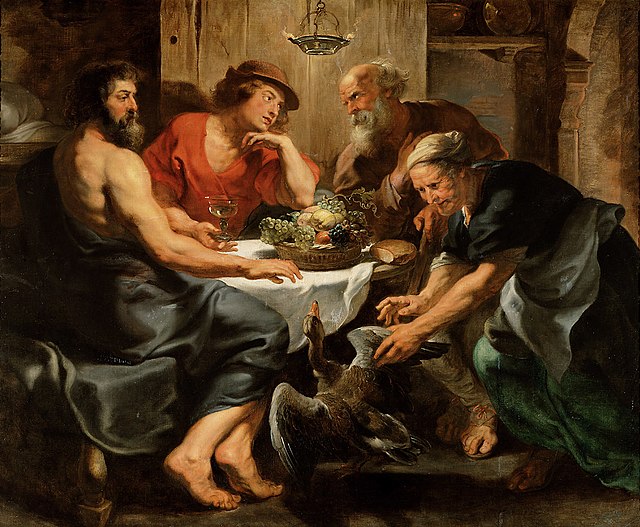Hospitality was an important concept in Norse mythology, reflecting the importance of community and mutual obligation in Norse culture. The Norse people placed a great deal of emphasis on the importance of welcoming strangers and providing for their needs.
According to mythology, the god Odin was known to disguise himself as a traveler and visit the homes of mortals to test their hospitality. Those who were hospitable to Odin were said to be rewarded with good fortune and blessings, while those who were not were punished.
The significance of hospitality in Norse mythology lies in its representation of the importance of community and mutual obligation. The Norse people lived in close-knit communities where trust and loyalty were essential for survival, and hospitality was seen as a way to reinforce these bonds.
The concept of hospitality can also be interpreted in a broader context as a reflection of Norse society's emphasis on mutual obligation and reciprocity. The Norse people believed that all members of society had a duty to contribute to the community and to help one another in times of need.
Overall, hospitality was a significant concept in Norse mythology, representing the importance of community and mutual obligation in Norse culture.
Works Cited:
Lindow, John. Norse Mythology: A Guide to Gods, Heroes, Rituals, and Beliefs. Oxford University Press, 2002.








